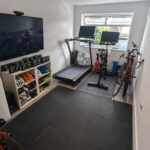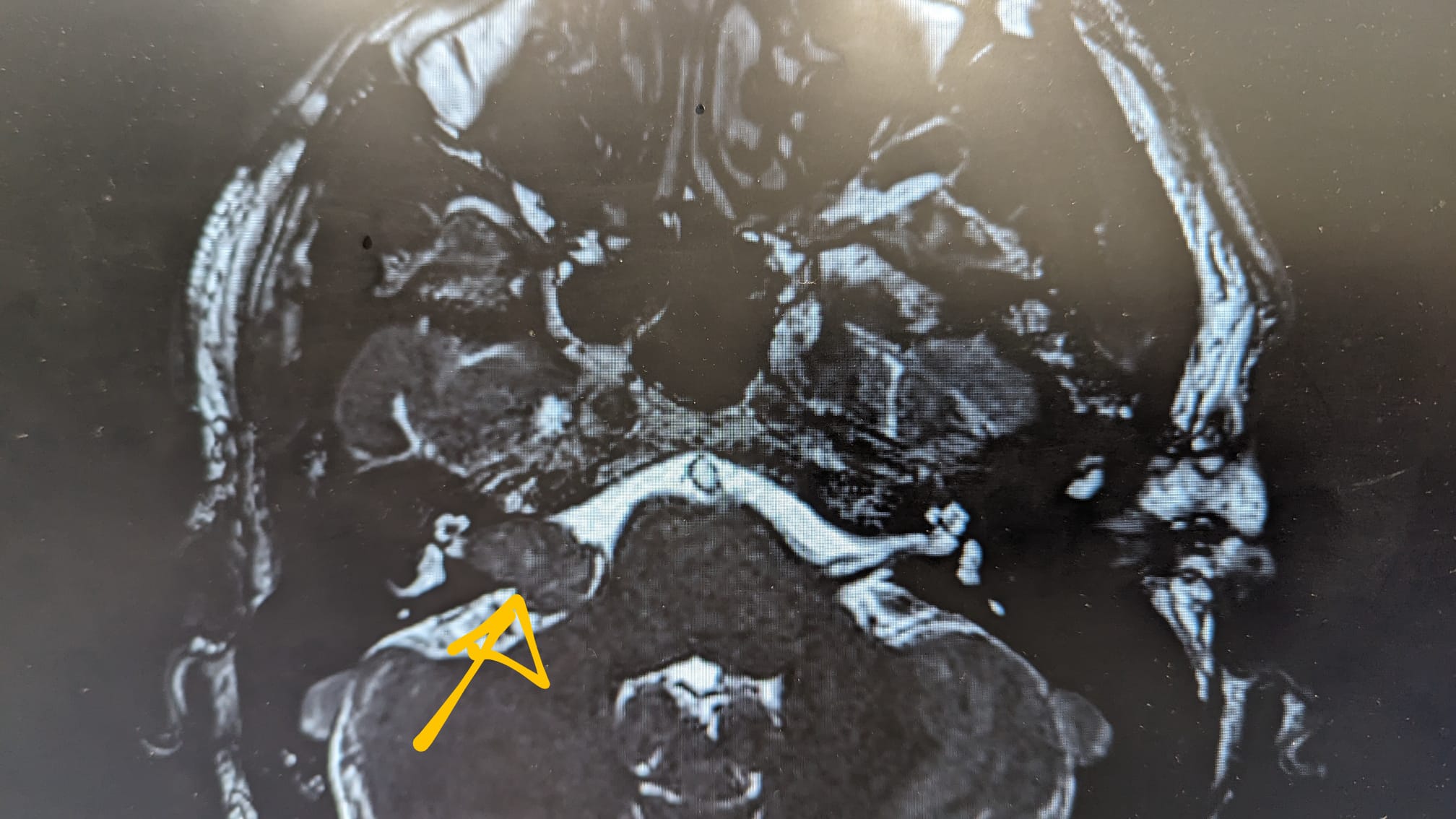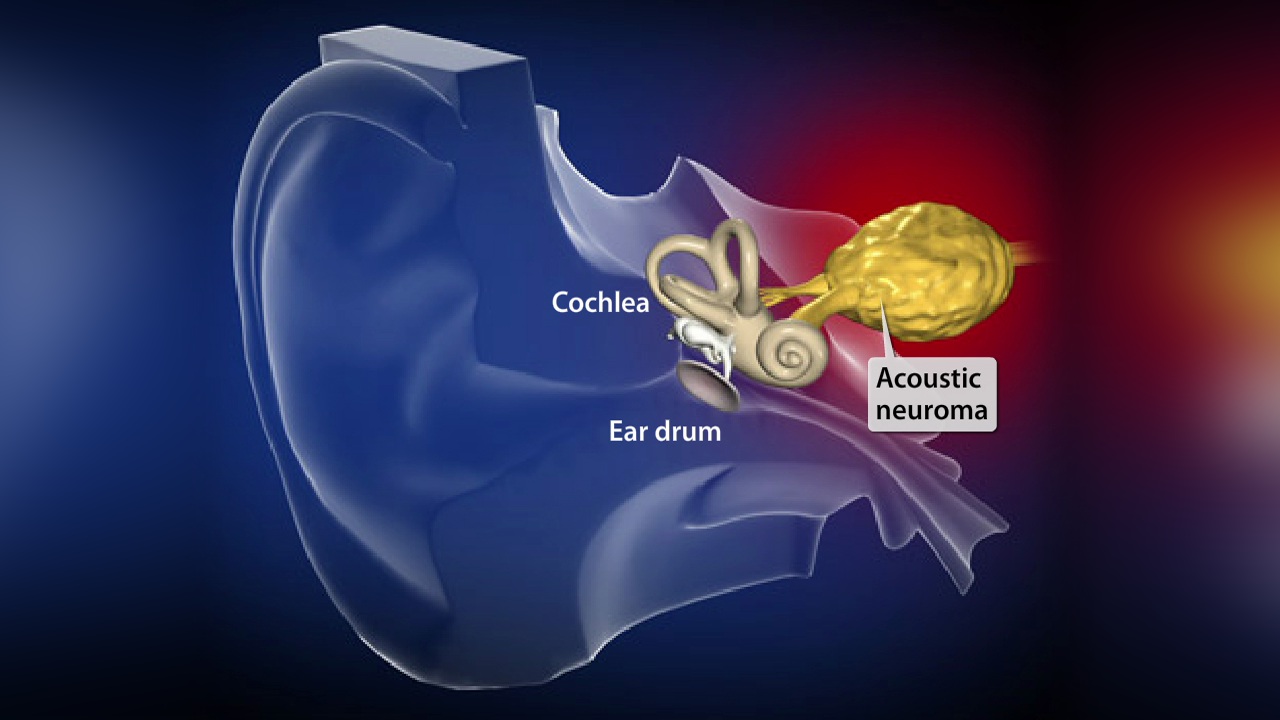Fatigue. It’s a word most of us associate with a long day, a busy schedule, or lack of sleep. But for those of us living with an acoustic neuroma, it’s more than just feeling a little tired—it’s like carrying a weight that doesn’t seem to lift, no matter how much rest we get.
Since my diagnosis, one of the most challenging symptoms I’ve faced is overwhelming daytime fatigue. This isn’t your typical tiredness where a short nap will recharge you. It’s deeper than that—like your body and mind are running on empty, and no amount of rest can refill the tank. Sometimes, I’ll be sitting in a chair, thinking I’m just taking a short break, and suddenly, without warning, I’m on the verge of falling asleep. But here’s the thing—when this type of fatigue strikes, you can’t stop yourself. It can happen in an instant, and before you even realise it, you’re already drifting off.
There have been moments when I’ve actually fallen asleep without being aware of it. I’ll be mid-thought or mid-conversation, and then the next thing I know, I’m waking up, disoriented, not even realizing I’d nodded off. This unpredictability is one of the hardest things to manage. It’s not just a lack of energy—it’s like my body shuts down without my permission, and I’m powerless to control it.
The hardest part about this fatigue is that it’s invisible. People can’t see it. I might look healthy on the outside—I’m active, I keep up with my fitness routines, and to others, I appear to be managing well. But what they don’t see are the moments when my body betrays me, when I’m fighting to stay awake and push through the haze. This isn’t something I can simply sleep off; it’s a constant, draining presence in my life.
And that’s where the misunderstanding comes in. When I mention being tired, it’s often brushed off with comments like, “We’re all tired,” or “Just go to bed earlier.” But for those of us living with an acoustic neuroma, it’s not that simple. This isn’t just tiredness—it’s fatigue on a different level. It’s the kind of tired that seeps into your bones, affects your ability to focus, and leaves you mentally foggy. It’s also incredibly isolating when people don’t understand the magnitude of what you’re experiencing.
Living with an acoustic neuroma means constantly balancing symptoms—tinnitus, pressure, dizziness—and then there’s the fatigue. It all blends together to create a daily challenge that people rarely see. These symptoms don’t have visible markers, which makes it harder for others to grasp the toll it takes on both mental and physical well-being.
But just because it’s invisible doesn’t mean it isn’t real. I may not show obvious signs of fatigue, but trust me, it’s there, wearing me down day by day. And while it’s hard to explain to others, I know I’m not alone. So many of us are fighting these invisible battles, managing our energy like a precious resource and pushing forward when all we want to do is rest.
For anyone out there who doesn’t fully understand, take a moment to think about what that kind of constant fatigue feels like. And for those of us living it, sharing our stories can help shed light on the invisible side of acoustic neuromas and start conversations about how these symptoms silently affect our well-being.
The battle continues, but with understanding and support, we can make the invisible just a little more visible.
Please share this article if you like it!
I’m a fitness enthusiast and Peloton addict who loves challenging limits through races, paddleboarding, and life’s adventures. Here, I share milestones, reflections on Acoustic Neuroma, and stories of resilience and growth.






